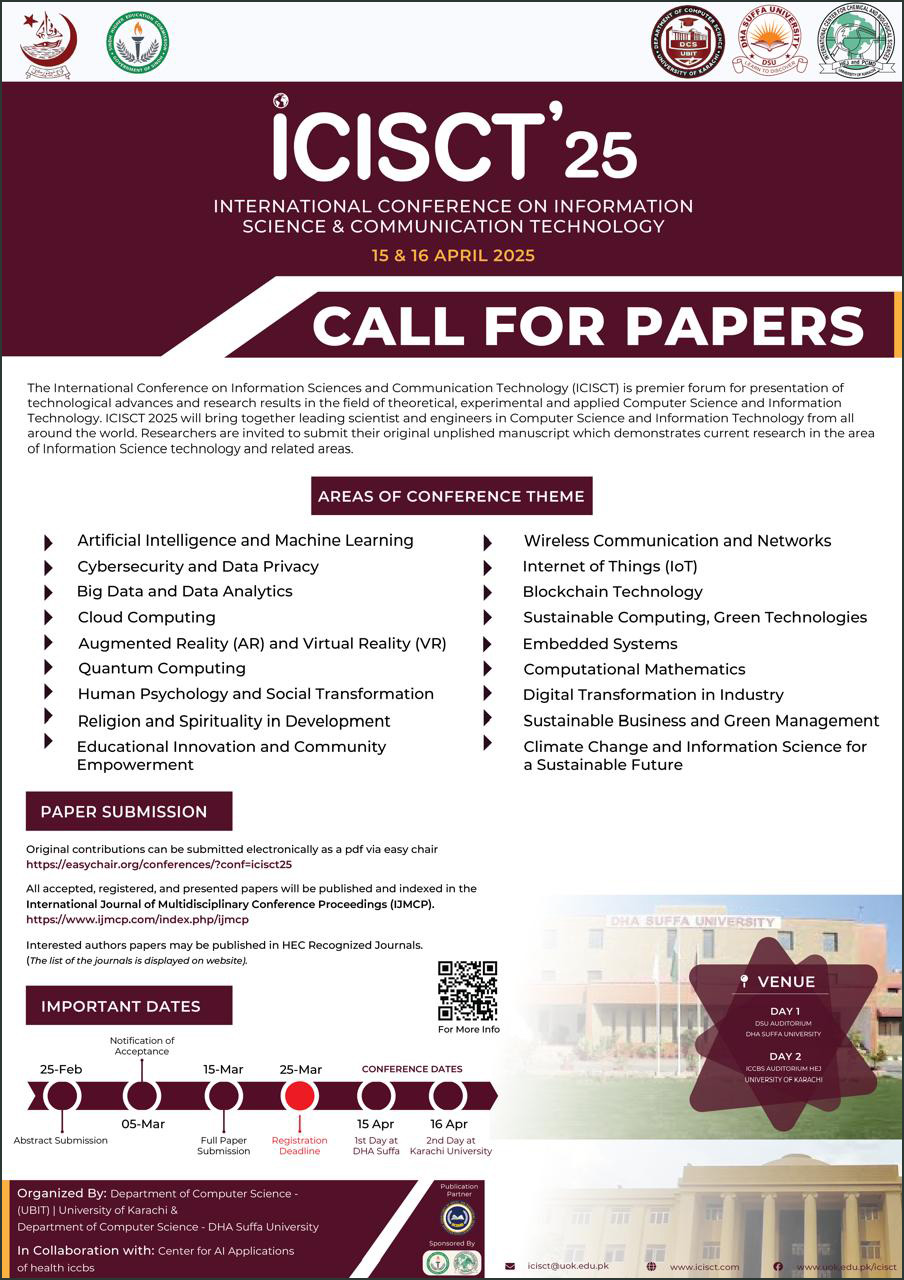Study of E-Filing Acceptance among Taxpayers: Evidence from Emerging Economy
DOI:
https://doi.org/10.61503/cissmp.v2i4.89Keywords:
E-filing adoption, Tax Information Literacy, Subjective Norm, Emerging Economy, Intention to adoptAbstract
In industrialized nations, digital accounting systems and financial accounting and reporting techniques are more prevalent, whereas developing nations still demonstrate relatively uncommon usage of electronic filing, or "e-filing," systems for tax returns. Tax collection is a vital source of income for both developed and emerging nations. Since taxes are the primary source of funding for the delivery of public goods and services, tax revenue is significant. Additionally, it supports social welfare, sustainable growth, and democracy. This research looks into the factors that drive e-filing usage in developing nations like Pakistan. The study claims that e-filing adoption is influenced by perceived utility, perceived ease of use, tax information literacy, subjective norms, as well as perceived behavioral control in the e-filing system. Data was gathered from 218 salaried individuals via snowball sampling through questionnaires for analytical purposes. According to the findings, perceived ease of use, perceived utility, and subjective norms all have a substantial influence on individuals' intentions to utilize the electronic filing method for tax returns. As a result, the Federal Board of Revenue must design a system to promote the benefits of submitting income tax returns electronically.
Downloads
Downloads
Published
Issue
Section
License
Contemporary Issues in Social Sciences and Management Practices (CISSMP) licenses published works under a Creative Commons Attribution-NonCommercial (CC BY-NC) 4.0 license.









